Cranberries are small, round berries that are native to North America. They are known for their bright red color and tart taste. Cranberries are often associated with occasion meals and are popularly consumed in the form of cranberry sauce, juice, or dried cranberries.
There are several varieties of cranberries, including the most commonly cultivated ones: the American cranberry (Vaccinium macrocarpon) and the European cranberry (Vaccinium oxycoccos). Both varieties have similar characteristics and are used in various cranberry products. Order Cranberries at The NutBar Kenya.
Benefits
Cranberries come with a number of things that some may have found were beneficial to them and others did find other things worked best for them and their immune.
Health Benefit
Cranberries are well known for their health-improving qualities. In particular, proanthocyanidins, which are abundant in certain foods, may help prevent urinary tract infections (UTIs) by preventing germs from sticking to the lining of the urinary tract. Additionally, they may have a rich source of dietary fiber and vitamin C cranberries.
Nutritional Benefit
Cranberries are considered to be low in calories and fat, and cranberries have a good nutritional profile. In addition to being a significant source of vitamin C and vitamin E, they may also contain trace levels of manganese and vitamin K. Additionally rich in dietary fiber are cranberries.
USES OF BLUEBERRIES
- Cranberries are used in a variety of culinary preparations. They are commonly made into cranberry sauce, which is a traditional accompaniment to roast turkey or chicken.
- Cranberry juice is also popular and can be enjoyed on its own or used as an ingredient in cocktails or mixed drinks. Or women just enjoy taking it for that urinary treatment.
- Dried cranberries are a versatile ingredient and are used in baked goods, salads, trail mixes, and cereals.

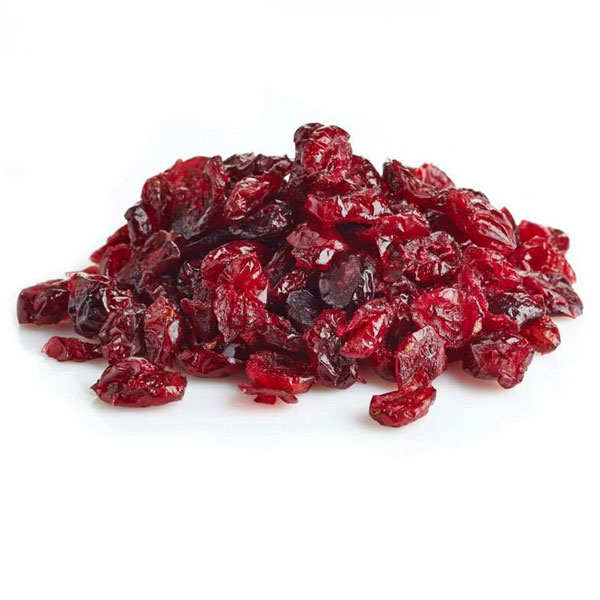
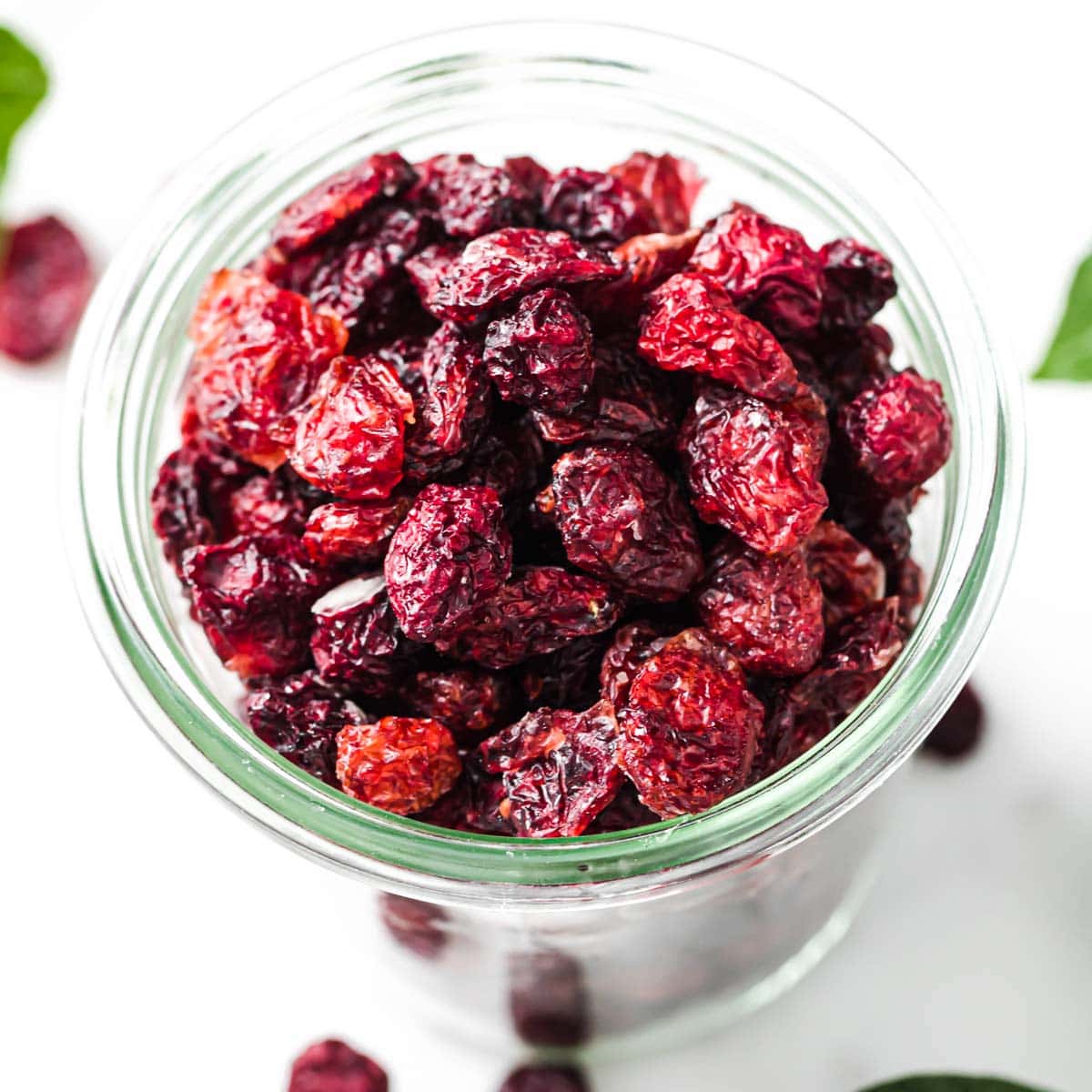
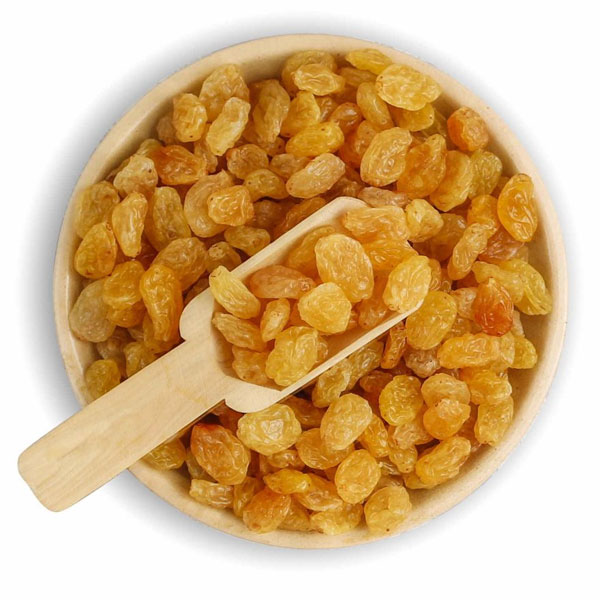
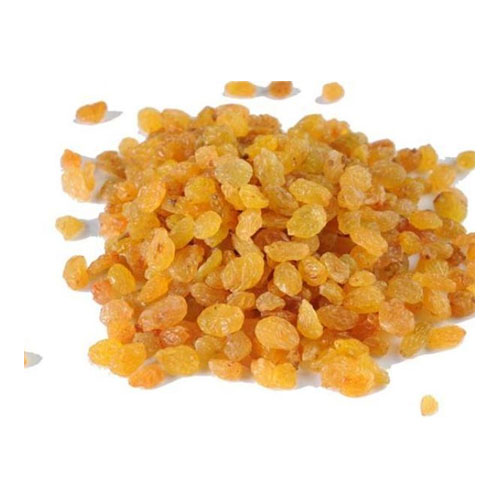
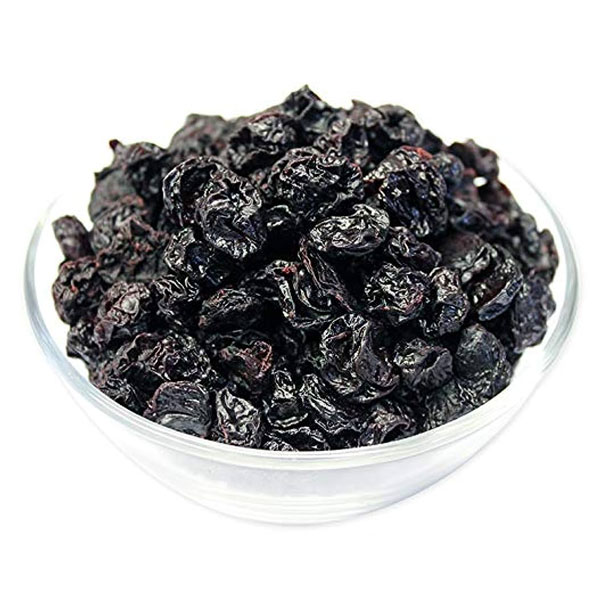
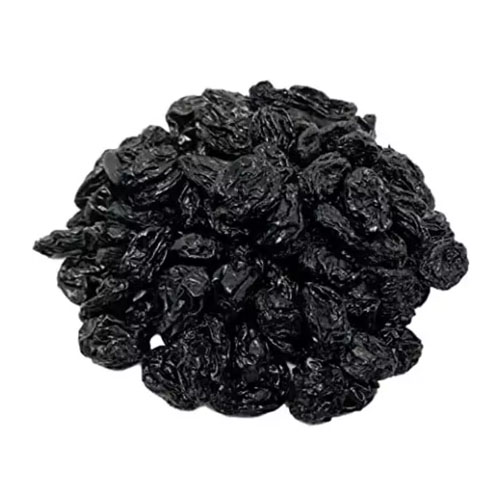
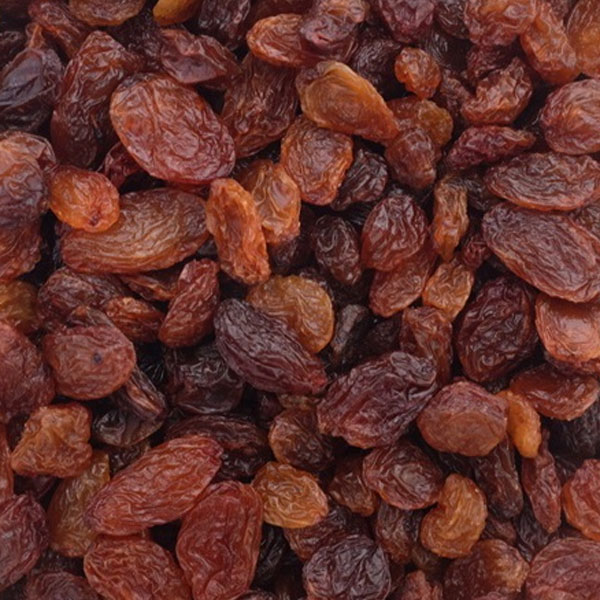
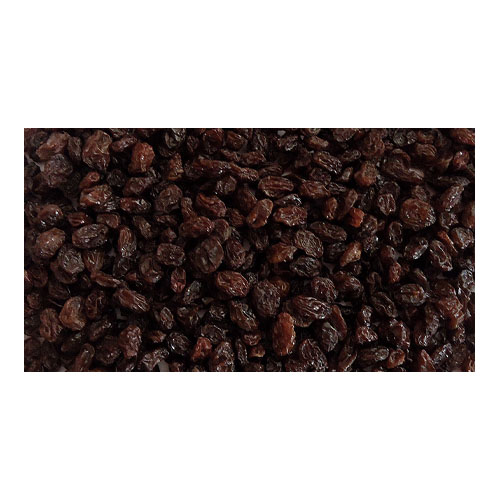
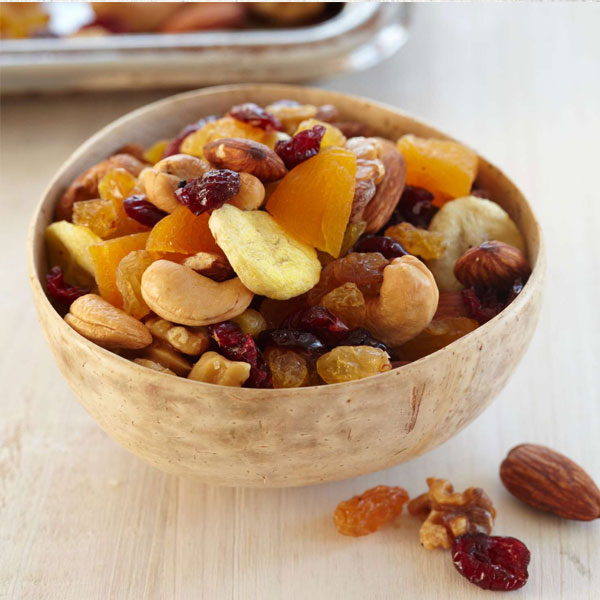
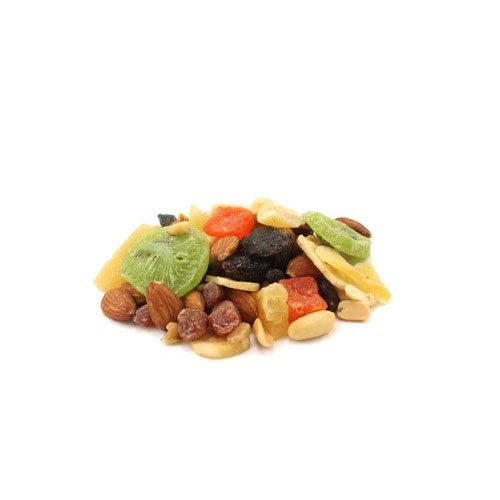
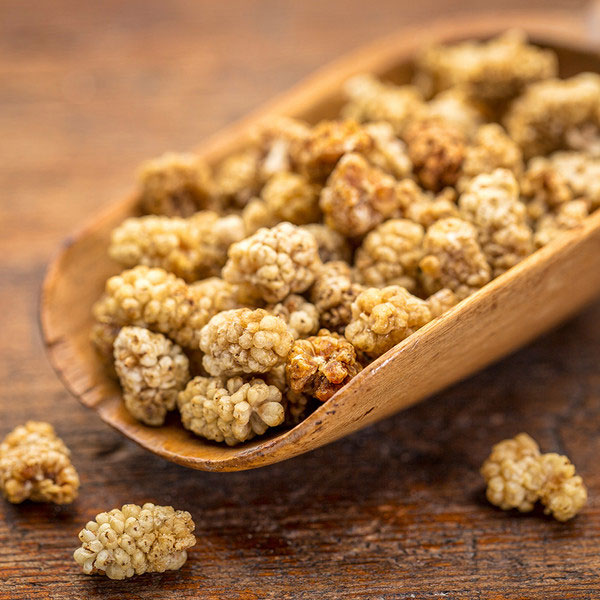
Reviews
There are no reviews yet.